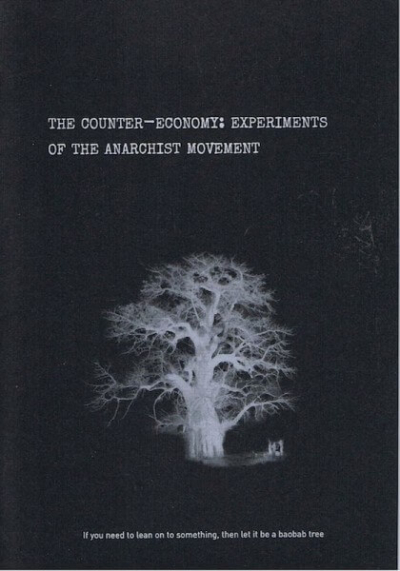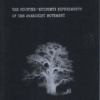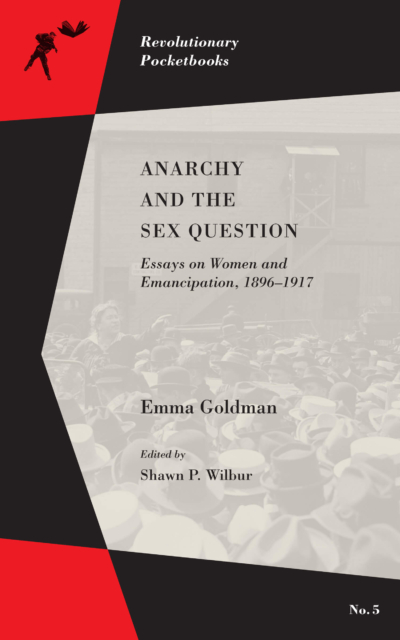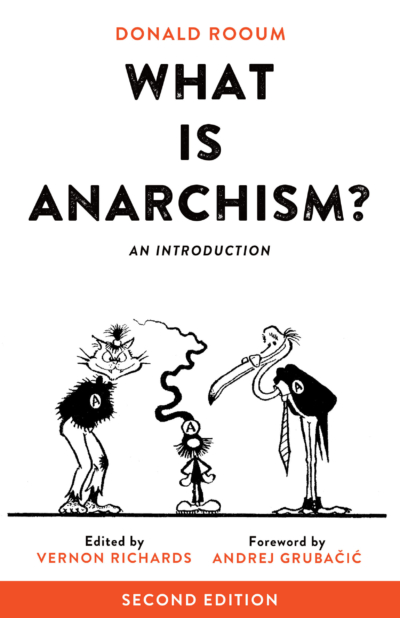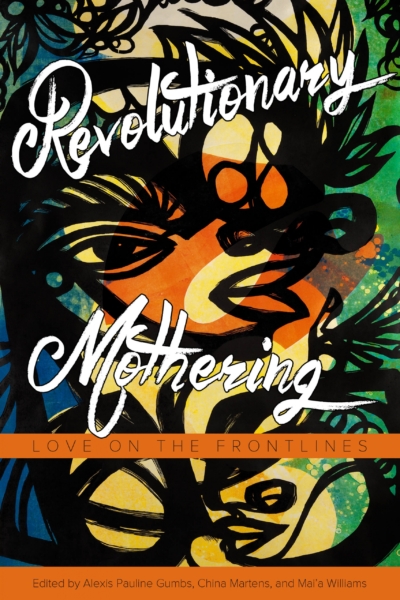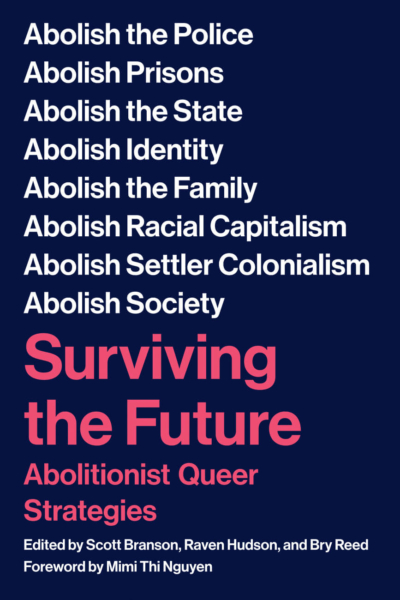In Slovenia, the crisis culminated in the uprisings in the winter of 2012-13. A general society upheaval was triggered by processes of neoliberal devastation deeply linked to the problems of precarity and precarization, new instances and forms of poverty, and a significant reduction in social rights for large parts of society. Incidentally, these issues make up a large part of the key terrain on which the politics of reproduction takes shape.
The anarchist movement in Ljubljana is linked to the wider autonomous movement with which it shares the principles of anti-authoritarianism, self-organisation, and direct action. It dedicates special attention to community infrastructure such as social spaces and the media since it regards these as elements inherent to processes of building counter-power.
The central process entailed in distribution through the alternative market is thus not the circulation of money but the strengthening of relations of mutual suppport and of the community as a whole.
This testifies to the existence of a complex ecosystem characterising the anarchist movement, one that is composed of numerous autonomous collectives whose members satisfy some of their basic needs and desires through mechanisms which they themselves have built up and which manage to evade the control of the authorities. In opposition to both the state and capital, the collectives can thus be seen as forming their own distinct social institutions, i.e., forming the basis of counter-power.
Book details:
Format: A5 pamphlet
ISBN: n/a
Publisher: SISA / Acerbic distribution
Published: 2022 (3rd edition)
Pages:36
Author: Jalla Jalla, SISA, Zadruga Urbana

